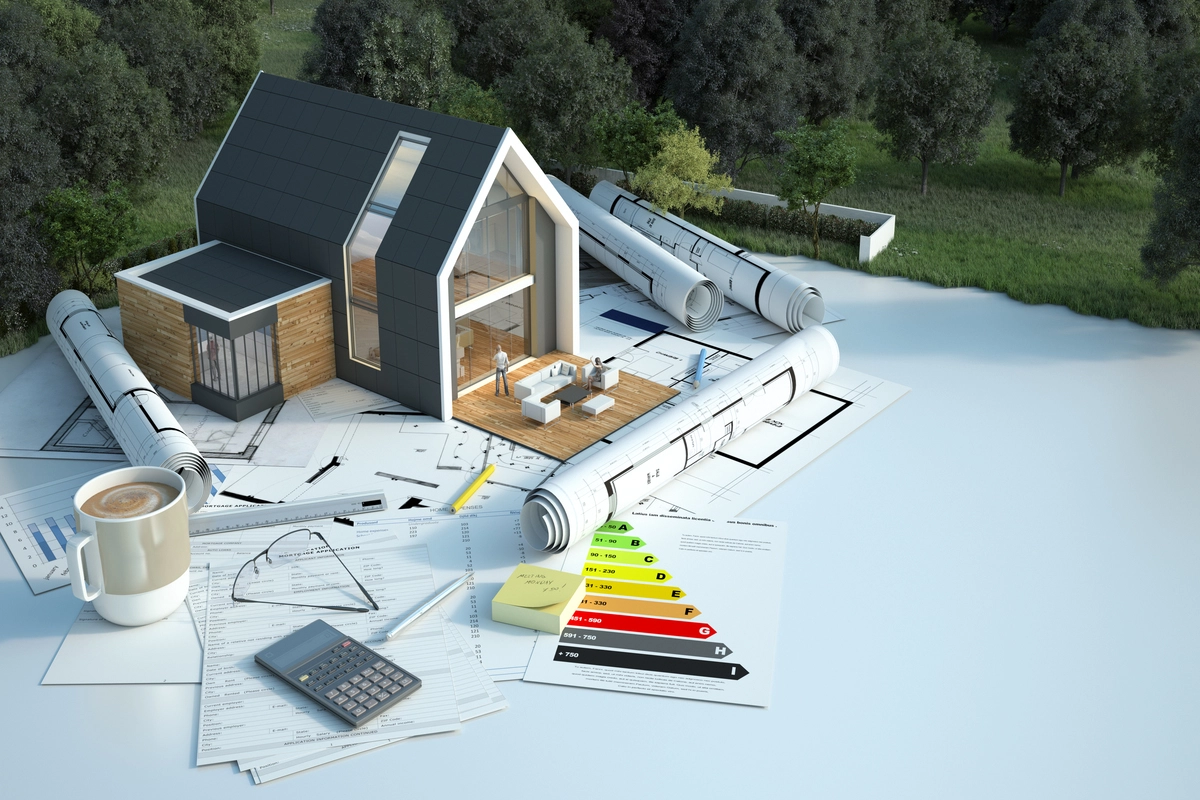You are seriously considering buying a particular home. It’s spacious, comfortable, and in the ideal location. Everything appears to be just perfect, except for one small detail that is noted in the home inspection report: radon.
Most buyers have not heard of it, but questions arise as soon as it appears. So, just what is radon? Is it a cause for concern? But more importantly, what is the effect of radon and real estate transactions?
Let’s analyze all of it.
What is Radon Anyway
Radon is an odorless, colorless, and tasteless radioactive gas. It is naturally formed by the degradation of uranium in soil and rock. Radon trickles into homes through the fissures in foundations, crevices in walls, and even well water.
The worst thing is? Radon is something that cannot be seen or smelled, and it is harmful. The second cause of lung cancer in the U.S., right after smoking, is long-term exposure to visibly elevated levels of radon.
The Environmental Protection Agency (EPA) also states that radon causes approximately 21,000 deaths annually in the U.S. due to lung cancer or related complications.
Why Radon is Important in Real Estate Dealings
What does radon have to do with buying or selling a house?
Too much, actually. Radon and real estate transactions are closely connected because radon can become a dealbreaker. The high level of radon can deter buyers when they discover it. It can affect:
- Negotiations.
- Inspection timelines.
- Repair responsibilities.
- Final price.
Is a Radon Test Required When Buying a Home
The brief answer is that it varies depending on where you live.
Some states make radon testing mandatory before closing a sale, while others leave it to the buyer. Many real estate agents can suggest it, even without it being a requirement, particularly in high-risk areas.
Experts recommend that corrective action be taken if the radon concentration in a house is found to be 4 picocuries per liter (pCi/L) or higher.
Customers desire peace of mind. A simple radon test provides that. The test is typically included in the home inspection process and costs $125 to $400, depending on the nature of the test.
Is Radon Testing Required to Sell a Home
Once again, it depends on the state.
In most situations, sellers cannot be obligated to test radon before listing a home in the market. Nevertheless, where the seller has information about high radon levels, they may be required to report it.
Sellers who conduct tests in advance and offer final results tend to earn the trust of buyers. A low radon reading will make the property more desirable and eliminate surprises in negotiations.
The Consequences of High Radon Levels
Don’t panic. The presence of a high concentration of radon can be rectified.
If increased radon levels are found in a home, the next step is mitigation. Depending on the type and design of the house, as well as its size, professional radon mitigation systems range from $700 to $ 4,000.
Here’s how to get rid of radon in a house:
- Put a sub-slab depressurization system to vent radon outdoors.
- Cover cracks on the foundation and floors of basements.
- Enhance the ventilation process in the home to lower the concentration of radon.
The majority of mitigation systems are effective and can be installed in a day. When installed, they have the potential to lower the level of radon by up to 99%.
The Effect of Radon on Purchase and Sale Agreement
Now this is a problem.
In case radon is detected during home inspection:
- A buyer may request mitigation before closing.
- As an alternative, sellers can provide a credit or reduce the sale price.
- Failure to agree upon how to handle radon may jeopardize the deal.
Due to this, radon and real estate transactions are often associated with tighter timelines and careful negotiation. Customers want secure houses. The sellers desire a smooth sale. Radon may become a hindrance when early intervention is not undertaken.
Tips for Buyer and Seller
Here are some tips for buyers and sellers to effectively address radon situations and proceed with their transaction.
For Buyers
- Request radon testing in areas prone to radon.
- Include a radon contingency clause in your offer.
- Once the test shows high results, do not turn and walk away just yet; request mitigation.
For Sellers
- Conduct a radon test before listing your home.
- Be straightforward about the previous radon tests or abatement measures.
- Recognize that resolving the issue at this point may ultimately save your deal.
Conclusion
Although radon is not visible, its effect on real estate dealings is tangible. As a buyer or seller, it is crucial to understand the risks and obligations involved in radon testing.
As a buyer, you should not miss the test. As a seller, you should be proactive in addressing the problem. Regardless of the case, knowledge is power, and in this instance, it may save lives.
Clatterbuck Home Inspections provides trustworthy and certified radon testing and home inspection services.
Whether you are a buyer or seller, we educate you on the best choices to make, because the health of your family and the success of your real estate transaction are at stake.
To make things simple, schedule your radon test with Clatterbuck Inspections and take charge of your home’s safety before anything bad happens.

